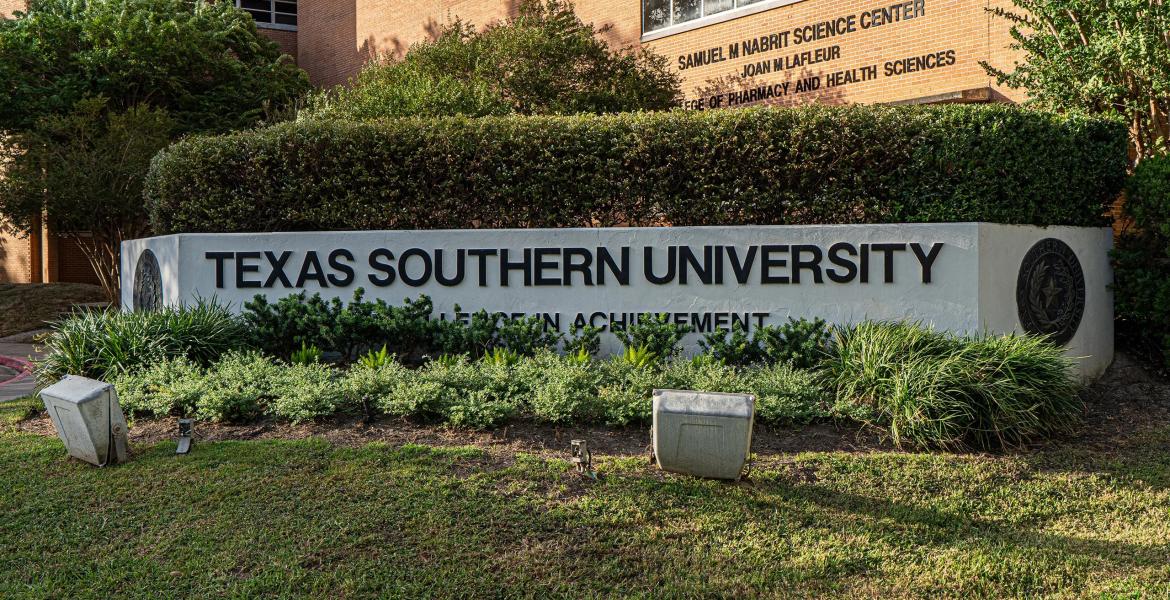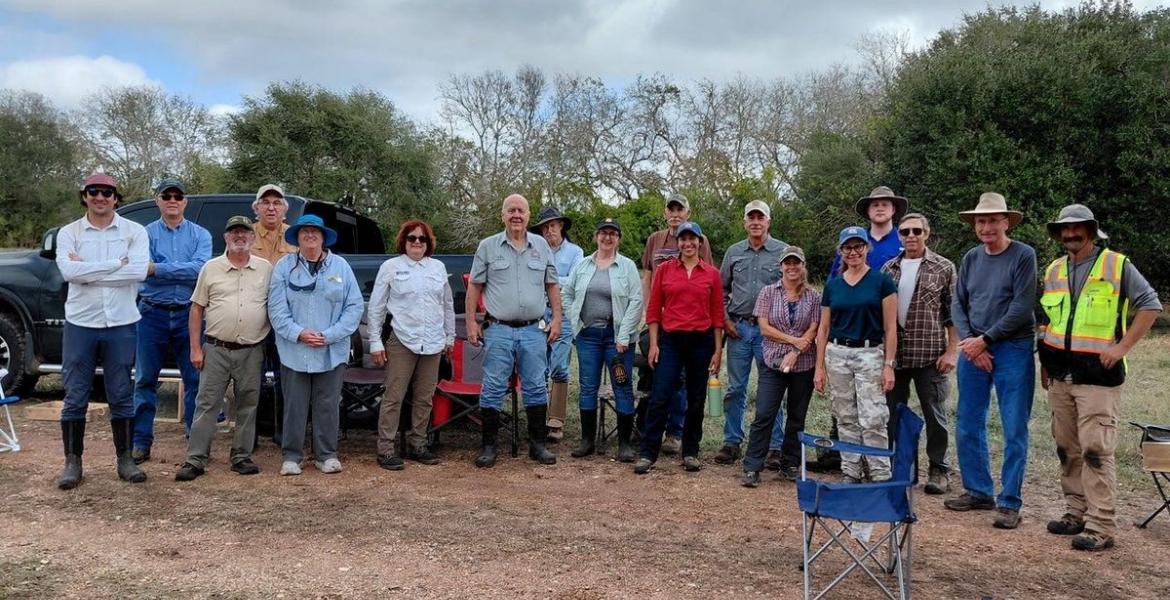BOCA CHICA, TX — SpaceX's latest test flight of its colossal Starship rocket nearly achieved full mission success today, March 14.
However, it ended abruptly when the spacecraft was lost near the conclusion of its journey. The launch, originated from SpaceX's Starbase facility in Texas, which is in Boca Chica.
The Starship vehicle lifted off at 8:25 a.m. CT and demonstrated a series of technical celebrations before experiencing an unexpected termination.
According to SpaceX, all 33 Raptor engines of the "Super Heavy Booster" ignited successfully, achieving a complete burn during ascent for the second time in its testing history.
This milestone was followed by a successful “hot-stage separation” and precise execution of the booster's “flip maneuver,” targeting a controlled descent towards the Gulf of Mexico.
However, the mission encountered a hiccup as the Super Heavy booster attempted its first landing burn, leading to what SpaceX terms a "rapid unscheduled disassembly" at an altitude of approximately 462 meters seven minutes into the flight.
Despite this setback, the second stage of Starship continued its ascent, successfully entering its planned orbit—a first for the spacecraft.
Throughout its coasting phase, Starship met several additional test objectives, including operations of its "payload bay" and a "propellant transfer demonstration."
Challenges arose with the planned on-orbit engine “relight,” which was aborted due to vehicle roll rates. The mission concluded during Starship's reentry from space, with the final signals received approximately 49 minutes after liftoff.
SpaceX has expressed that the data garnered from this test flight will be instrumental in refining Starship's design and operations.
Standing nearly 400 feet tall, the Starship is celebrated as the most potent rocket ever constructed.
Space X stated that its development is central to SpaceX's broader goals of facilitating human settlement on Mars and beyond.
NASA officials insist that an empty spaceship land successfully on the moon before future moonwalkers climb aboard.
The space agency is targeting the end of 2026 for the first moon landing crew under the Artemis program.
Subscribe to the LIVE! Daily
Required






Post a comment to this article here: